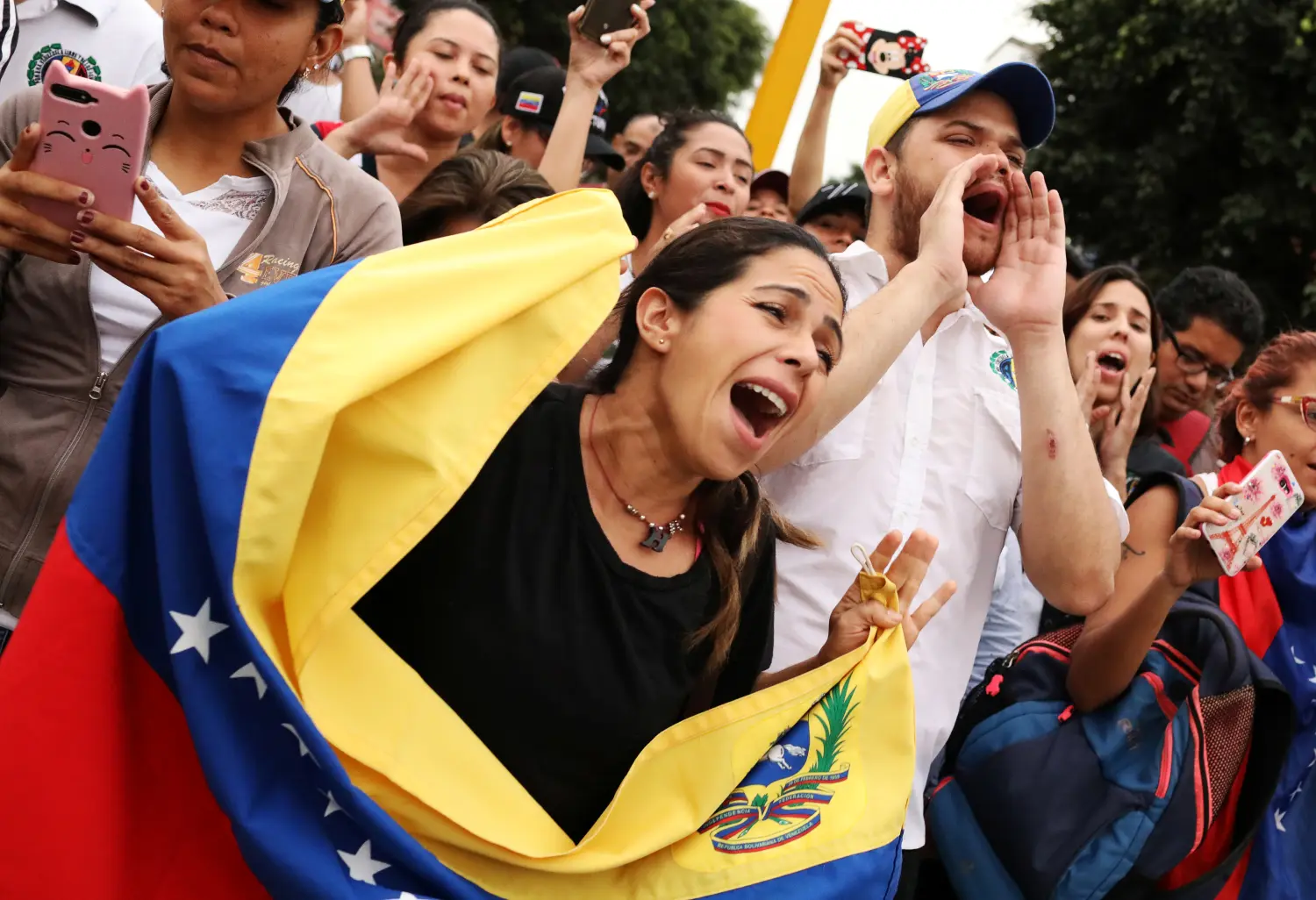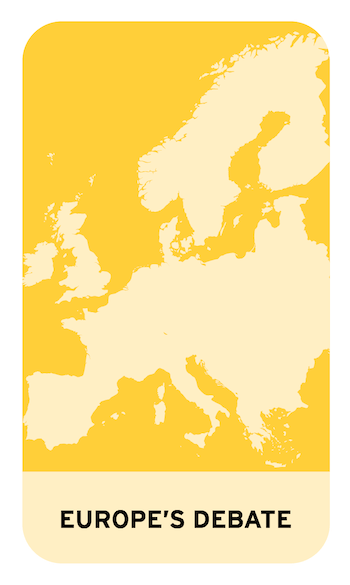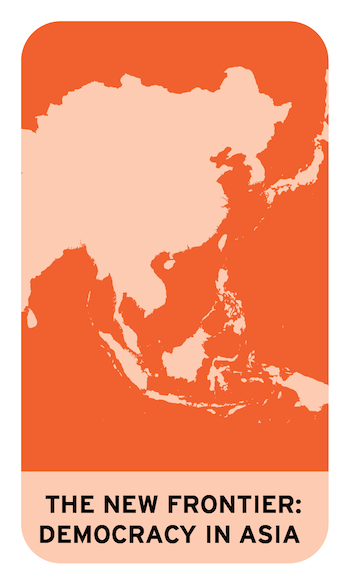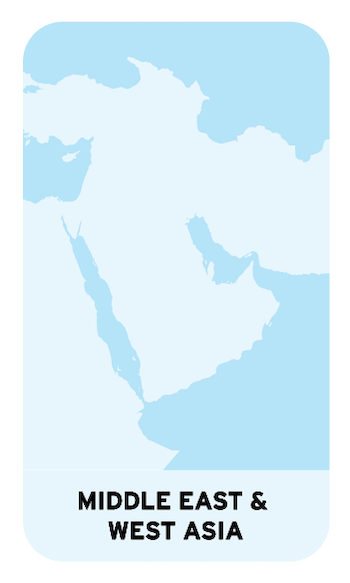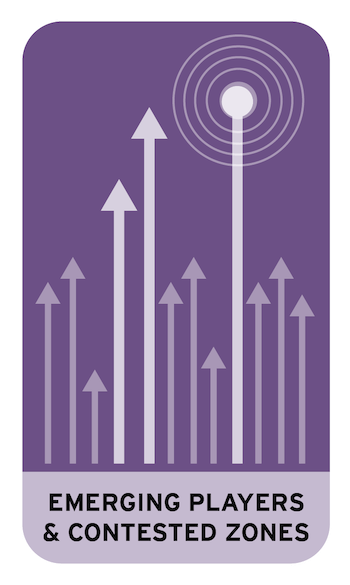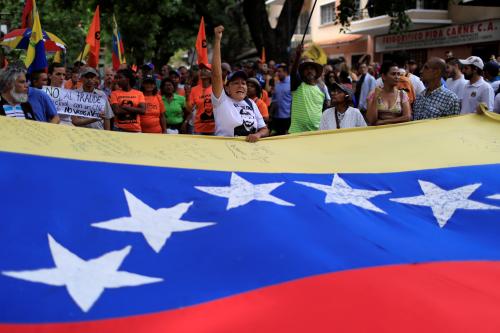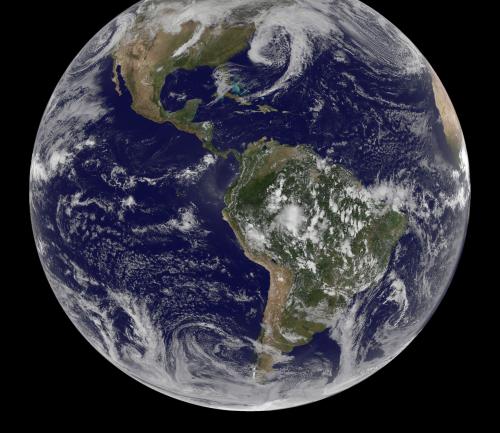 Executive Summary
Executive Summary
Latin America has entered a new stage in its wobbly consolidation of liberal democracy. A slew of important presidential elections in 2018 demonstrated that the basic mechanics of representative democracy and competitive politics are functioning. However, old problems related to questionable campaign finance and new problems related to social media put stress on political systems burdened by high levels of inequality, corruption and crime, and weak rule of law. Electoral outcomes mainly shifted to the right, especially in Brazil, while Mexico embraced a populist leftist.
The real democracy story in the region was of crisis and despair, as Venezuela’s authoritarian leader, Nicolás Maduro, entered uncharted territory of near-collapse, with a repressive Nicaragua following close behind. The region’s democracies have struggled to respond effectively to the unfolding disaster. The United States has chosen a punitive approach to leftist regimes but otherwise left more room for authoritarian China and Russia to contest traditional U.S. influence in the region and potentially divide further a polarized and fragile hemisphere.
The Brookings Institution is committed to quality, independence, and impact.
We are supported by a diverse array of funders. In line with our values and policies, each Brookings publication represents the sole views of its author(s).

